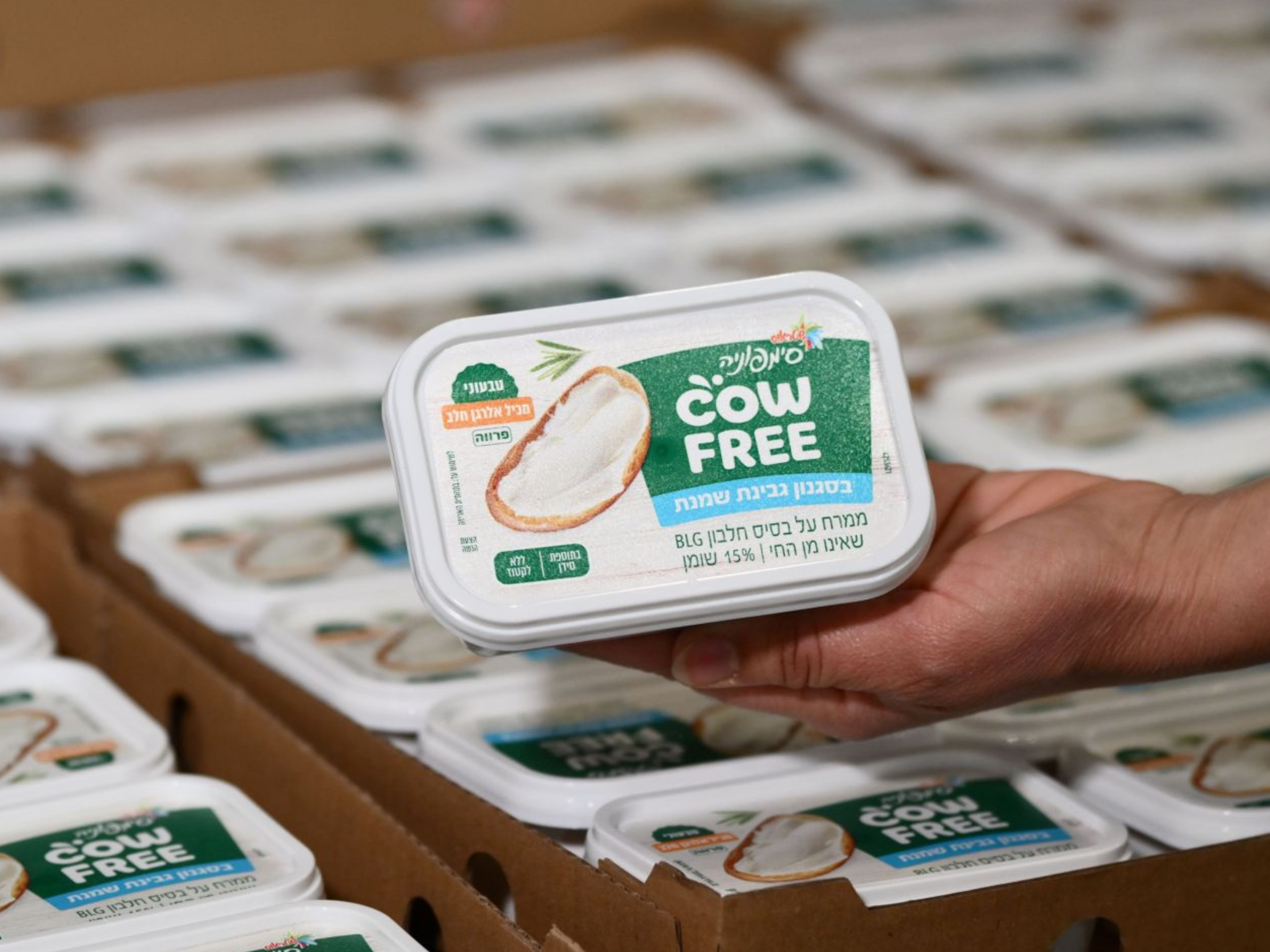

The promises and potential pitfalls of consuming the plant-based protein rubisco
One of the most abundant plant proteins on earth, rubisco, may be coming to a plate near you soon.
But the enzyme that plays an important role in photosynthesis will look less plant-like and more like a steak or egg and may even be an ingredient in cookies and cakes.
In April, a Dutch company called Rubisco Foods received confirmation from the European Food Safety Authority (EFSA) that the concentrations of the protein derived from duckweed, the tiny and ubiquitous pond weed, is safe for consumption.
The Washington Post on 17 June featured a California-based company called Plantibles that is marketing a powder derived from rubisco as a substitute for eggs in baked goods and has begun experimenting with it as an ingredient in plant-based sausages, chicken and steak.
With the rubisco hype heating up, Northeastern Global News spoke with Northeastern University food policy safety expert Darin Detwiler on the promise and potential pitfalls of consuming the plant-based protein.
Harvesting duckweed, the most common commercial source of rubisco, to make powder for food products is not emission-free, but is more environmentally friendly than raising animals for meat, said Detwiler, an associate teaching professor of food policy.
The EPA says 37% of methane emissions from human activity are the direct result of livestock and agricultural practices, with a single cow producing between 154 to 264 pounds of methane gas a year.
The production of plant-based meats already on the market has 49% fewer emissions than traditional meats, Detwiler said.
Since duckweed – a tiny plant sometimes called pond scum – is grown all over the world, the idea that it could be a readily available source of rubisco protein holds environmental promise.
In addition, Detwiler said, "consuming less red meat can mean lowering the risk of heart disease and even lowering the risk of certain cancers".
Compared to undercooked meats, plant-based proteins pose less of a risk for foodborne illness, he said.
The idea of developing another source of plant-based protein likely also appeals to animal welfare advocates, some of whom call for more humane butchering practices while others seek to end all consumption of animals.
"We know that this is going to appeal to some consumers, especially vegan and vegetarian consumers," Detwiler added.
Although rubisco from duckweed is not believed to contain allergens, the same might not be said for the ingredients that go into making it taste like meat or eggs, Detwiler noted.
"When we're talking about plant-based meats, we're talking about highly processed foods. We're also talking about many more ingredients.
"It's not just the rubisco. It is all the other ingredients that are being put into it to give it shape, form, taste and texture and all these different things."
Plant-based protein products that contain soy fillers are exposing people to a common allergen, Detwiler said.
He pointed to plant-based 'Just Egg', which, unlike chicken eggs, contains a host of ingredients including mung bean protein isolate, baking powder, cornstarch and coloring.
"Essentially, it is an artificial egg," Detwiler explained.
And "all these things are always high in sodium and even higher in saturated fats, especially when they are trying to mimic meat."
Detwiler has lectured on the regulatory gaps in the food industry, especially in areas overseen by the FDA, which is all food other than the meat and poultry foods inspected by the US Department of Agriculture.
"You don't have FDA inspectors in the plants at all," Detwiler said. "They rely on state inspectors."
Consumers too often serve as 'the canary in the coal mine' for new food products, he said, pointing to food subscription service Daily Harvest selling French lentil and leek crumbles that sickened consumers.
The FDA said in February that protein-rich tara flour was likely behind the spate of illnesses.
Detwiler advises people seeking out new products such as those made with rubisco to purchase them from major retailers who do a cost-benefit analysis that generally tilts in the direction of food safety before stocking items on their shelves.
Plant-based proteins are a great idea, as a destination, he said.
"But the journey is extremely important," Detwiler concluded. "That means that as good as rubisco could be, in the end it's only as good as the journey the company takes in terms of making sure they've tested it and (met demands for) regulatory compliance."
If you have any questions or would like to get in touch with us, please email info@futureofproteinproduction.com






